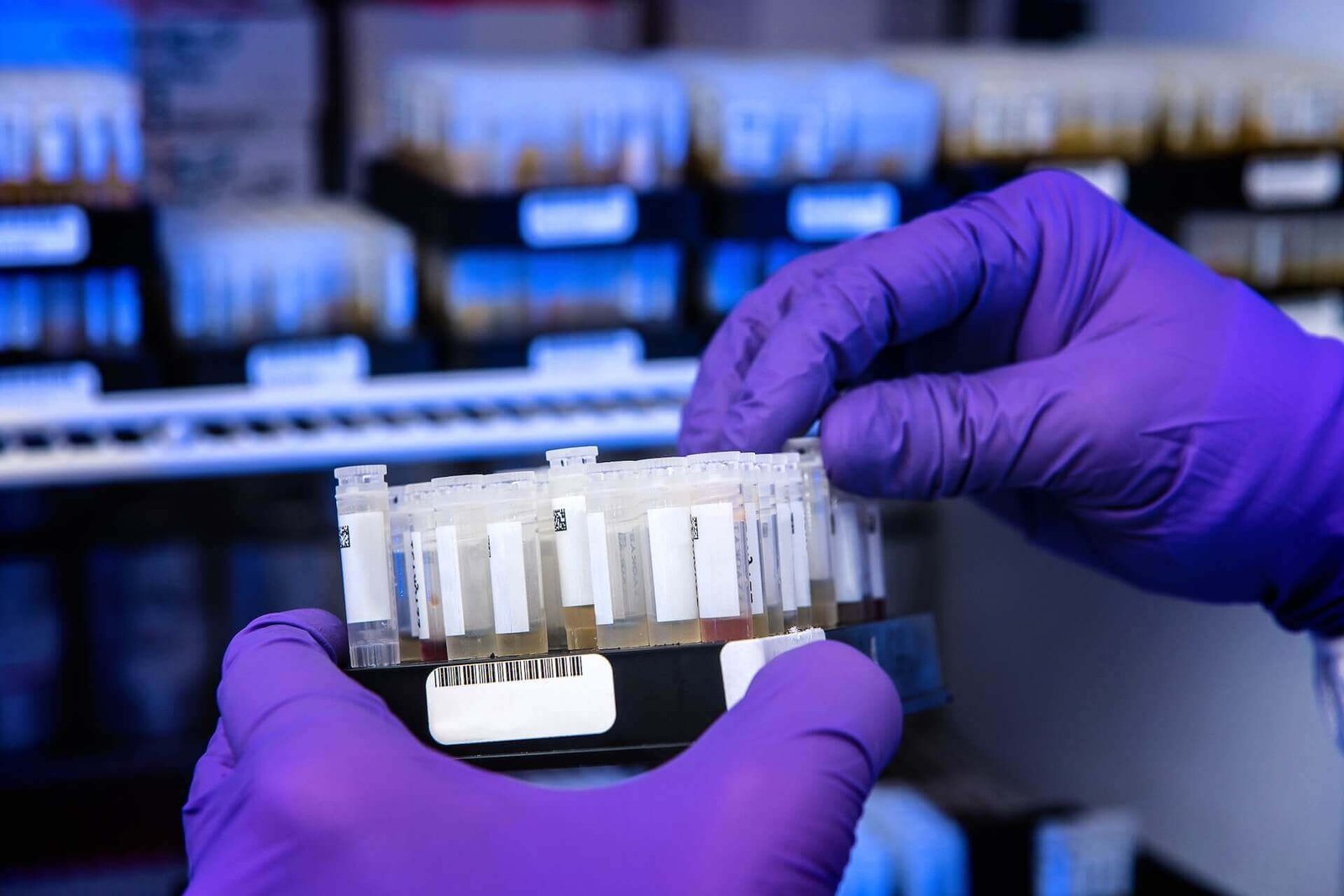In the realm of medical research and diagnostics, antibodies are indispensable tools. The rise of antibody production services has significantly contributed to advancements in this field, providing researchers with the specific tools they need for their groundbreaking work. This article delves into the importance of these services, the processes involved, and their impact on the future of medical research.
Table of Contents
- Introduction to Antibody Production Services
- The Process of Antibody Production
- Importance in Research and Diagnostic Fields
- Types of Antibodies Produced
- Innovations in Antibody Production
- Choosing the Right Antibody Production Service
- The Future of Antibody Production in Medical Research
- Conclusion
1. Introduction to Antibody Production Services
Antibody production services specialize in generating specific antibodies for a wide range of applications, from research to therapeutic development. These services have become fundamental in advancing medical science.
2. The Process of Antibody Production
These services typically involve several steps:
- Antigen Design and Preparation: Identifying and preparing the specific antigen to which the antibody will bind.
- Immunization: Administering the antigen to a host animal to elicit an immune response.
- Serum Collection and Antibody Purification: Harvesting and purifying the antibodies from the host.
Statistic: Custom antibody production can take anywhere from 8 to 12 weeks, depending on the complexity of the antigen.
3. Importance in Research and Diagnostic Fields
- Research Applications: Critical in studying disease mechanisms, protein interactions, and drug development.
- Diagnostic Uses: Used in assays to detect diseases and pathogens.
Insight: Antibodies are instrumental in the development of vaccines, including recent advances in COVID-19 vaccine research.
4. Types of Antibodies Produced
- Monoclonal Antibodies: Identical antibodies that target a specific antigen site.
- Polyclonal Antibodies: A diverse mix of antibodies responding to a specific antigen.
5. Innovations in Antibody Production
Recent innovations include recombinant antibody technology and phage display techniques, offering faster production times and more specific antibody targeting.
6. Choosing the Right Antibody Production Service
Factors to consider:
- Experience and Expertise: Look for services with a proven track record.
- Customization Capabilities: Ability to produce antibodies tailored to specific research needs.
- Quality Assurance: Ensure that the service follows stringent quality controls.
7. The Future of Antibody Production in Medical Research
Future trends point toward more automated and high-throughput production methods, potentially lowering costs and expanding accessibility for researchers globally.
8. Conclusion
Antibody production services play a crucial role in advancing medical research, offering essential tools for the development of new diagnostics and treatments. Their evolution and innovation will continue to be pivotal in the scientific community.

